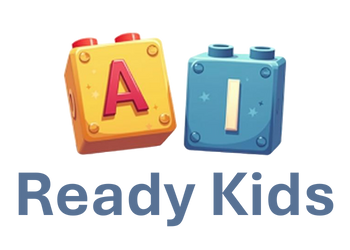Life doesn’t always go to plan. Cognitive flexibility — the ability to shift perspectives or adapt when rules change — helps children handle challenges with resilience. Play is one of the best ways to strengthen this skill.
Why flexibility matters
Research shows that cognitive flexibility is a core part of executive function, linked to problem-solving, creativity, and academic success.^1 Children who practice flexibility adapt more easily to unexpected changes and think of alternative strategies.
Everyday play that builds flexibility
-
Rule-switch games. Change the rules in simple games like Simon Says or Freeze Dance.
-
Multiple solutions. Ask, “What are three different ways to build this tower?”
-
Perspective swaps. Pretend to see a situation from a toy’s or character’s point of view.
These activities stretch children’s thinking and teach them to embrace change.
Helping them stay engaged
If needed, prompt with humor: “What’s the silliest new rule we could add?” Turning change into fun helps kids welcome flexibility instead of resisting it.
Why it matters for tomorrow
Flexible thinkers can pivot when plans shift, invent alternatives, and stay calm in uncertainty. These qualities prepare children for challenges far beyond childhood.
The Science
-
Zelazo, P. D. (2015). Executive function: Reflection, iterative reprocessing, complexity, and the developing brain. Developmental Review, 38, 55–68. https://doi.org/10.1016/j.dr.2015.07.001

